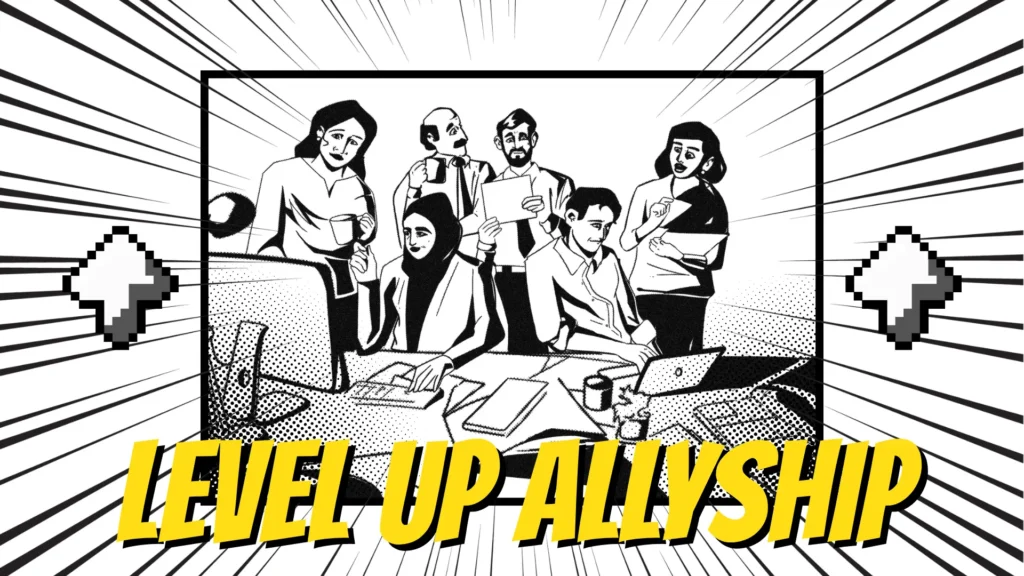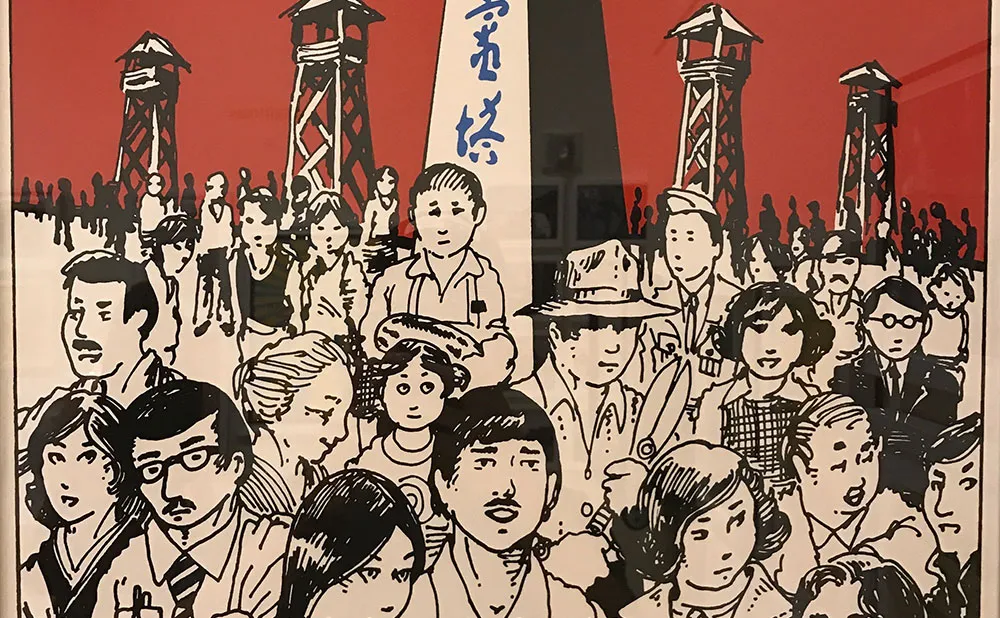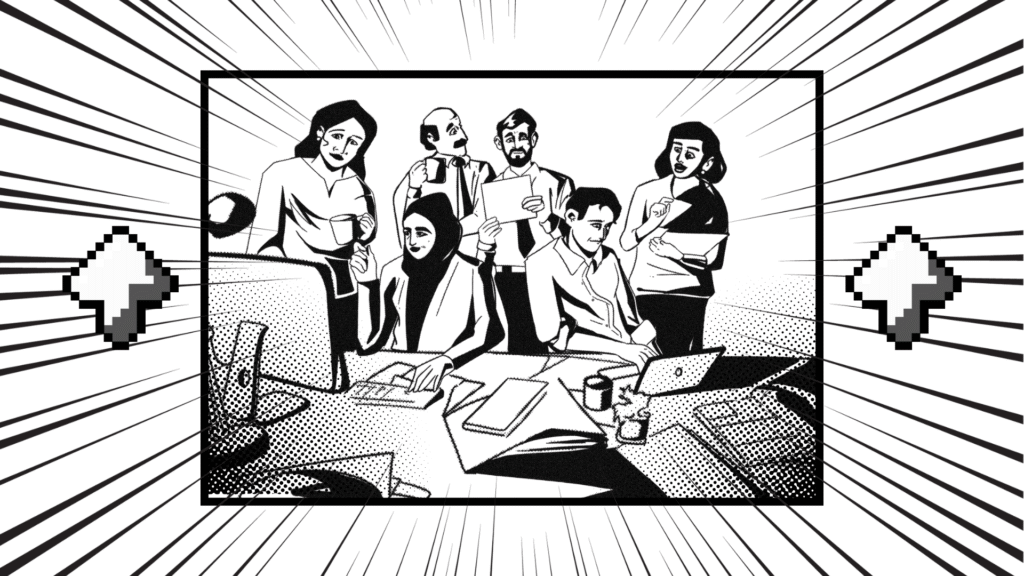
Serein Legal Team
2 min read
What we see online often plays a key role in breaking the mould of stereotypes. TV Shows have pushed forth in this domain, be it through the Chess masterpiece in the Queen’s Gambit or the Urdu dramedy in Chudails.
Explore why political parties must be brought under the purview of the POSH Act to ensure workplace safety for women and uphold democratic accountability and values.
Prevailing harassment in sports highlights the urgent need for accountability, empathy and safe environments where athletes and staff feel respected and valued.
Several companies across the globe have anti-harassment hotlines. But how are effective are they in building safe workplaces and deterring misconduct?
- All
- PoSH
- Anti-harassment and safety
- Global compliance laws
- Domestic violence
Constantly adjusting language and behaviour to fit in at work is exhausting, creating extra emotional labour for marginalised employees.
Silence around domestic violence hurts workplaces too. Recognise signs, offer safe support systems & flexible policies to help survivors heal & retain employment.
Addressing PoSH complaints against senior leaders demands strict adherence to process, impartiality, confidentiality & ensuring no victimisation occurs.
Section 23 requires independent review and open reporting. Meeting its standards ensures accountability and deters discrimination at all levels.
Employers have a duty under PoSH to prevent & address sexual harassment by clients, vendors or visitors, ensuring a safe environment for all.
Indian law mandates employers foster safe, respectful workplaces free from sexual harassment, requiring proactive policies, training & effective redressal.
Consent in PoSH: Focus on complainant's expressed unwillingness, not implied permission. Past relationships or silence don't equal ongoing consent.
Character evidence ("he's a family man"/"she's provocative") is inadmissible in PoSH inquiries, which focus solely on incident-specific facts.
IC recommends disciplinary action proportionate to harassment severity. Final implementation rests with the employer, but non-compliance risks legal challenge.
Strategic policies include trauma reporting protocols, bystander empowerment modules, restorative justice options & climate surveys - moving beyond basic compliance.
Tier II training must: use local languages, address regional power structures, involve community leaders & include practical reporting demonstrations.
Key proposals: Mandate external IC members, include transgender protections, penalise non-reporting employers & cover gig/unorganised sectors explicitly.
Domestic violence isn't random anger; it's a calculated cycle of tension, abuse, reconciliation & calm, reinforcing the abuser's power & control over the victim
Evidence in domestic violence cases includes medical reports, photos, threatening messages/emails, witness statements, police records & personal diaries.

















